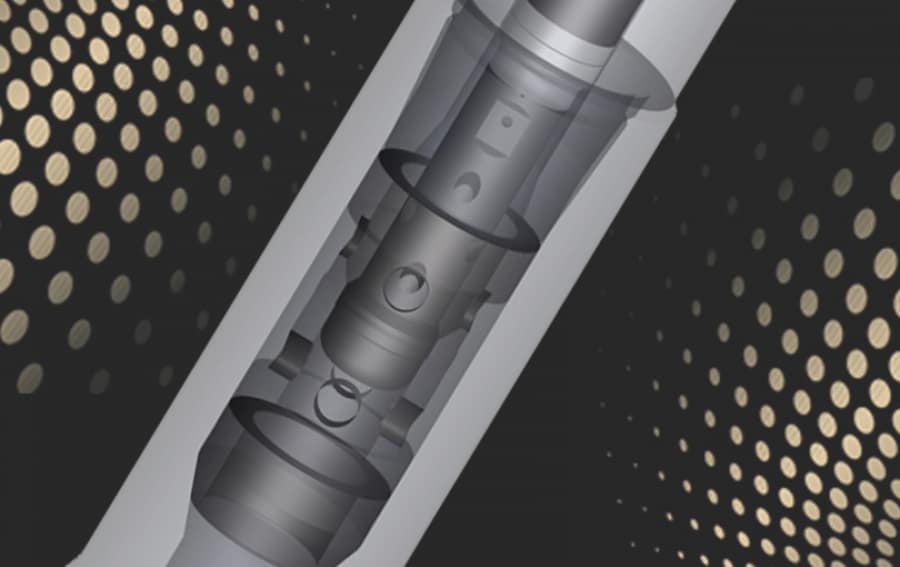

This training seminar will feature:
By the end of this training seminar, participants will be able to:
This training seminar is suitable to a wide range of professionals but will greatly benefit:
This training seminar will utilize a variety of proven adult learning techniques to ensure maximum understanding, comprehension and retention of the information presented. The daily workshops will be highly interactive and participative. The seminar will include all types of stuck pipe and the recommended procedures for preventing by analyzing the operations, how to free the stuck pipe in case of occurrence, hole cleaning and impact on the problems, and fishing tools and jar energize.
DAY 1
DAY 2
DAY 3
DAY 4
DAY 5
CDGA attendance certificate will be issued to all attendees completing minimum of 80% of the total course duration.
| Code | Date | Venue | Fees | Register |
|---|---|---|---|---|
| DE233-02 | 21-06-2026 | Manama | USD 5450 | |
| DE233-03 | 14-09-2026 | Istanbul | USD 5950 | |
| DE233-04 | 06-12-2026 | Dubai | USD 5450 |
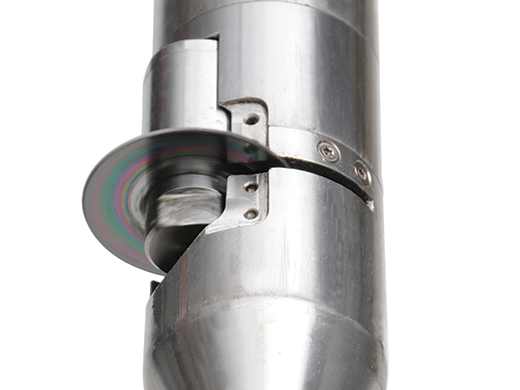
This Stuck Pipe Prevention & Fishing Operations course provides a comprehensive coverage in the industry for understanding and preventing the underlying causes of Stuck Pipe, Wellbore Instability, Los ...
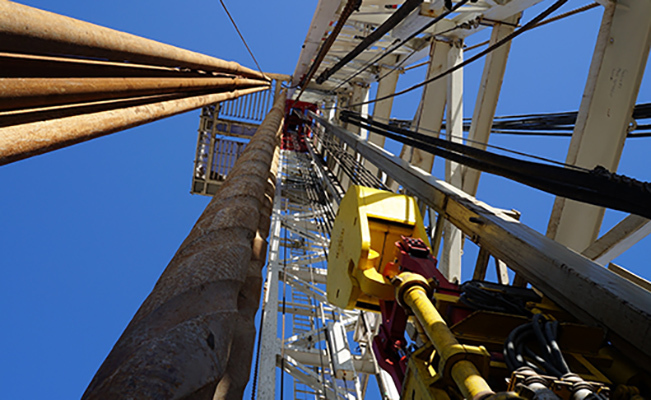
It is estimated that approximately US$ 2 billion are wasted annually on stuck pipe. Furthermore it is believed that 80 – 85% of these stuck pipe incidents are preventable. The course focuses on the ke ...
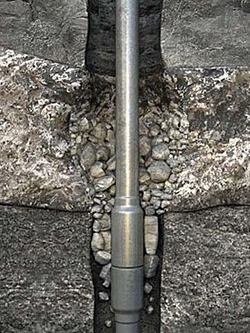
This course provides a treatment of the causes of stuck pipe concentrating on poor hole cleaning as a primary cause. Also, it covers and the techniques employed to avoid such problems. This course cov ...
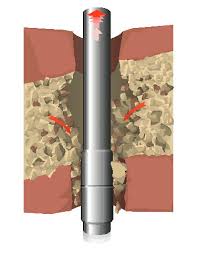
This course will be all about prevention rather than cure. It will teach the complete process of detection, diagnostics, and resolution in a methodical way. The candidates will be working in teams to ...
Providing services with a high quality that are satisfying the requirements
Appling the specifications and legalizations to ensure the quality of service.
Best utilization of resources for continually improving the business activities.
CDGA keen to selects highly technical instructors based on professional field experience
Since CDGA was established, it considered a training partner for world class oil & gas institution
3012, Block 3, 30 Euro Business Park, Little Island, Co. Cork, T45 V220, Ireland
Mon to Fri 09:00 AM to 06:00 PM
Contact Us anytime!
Request Info